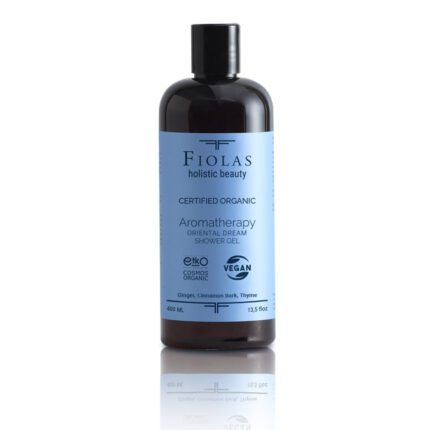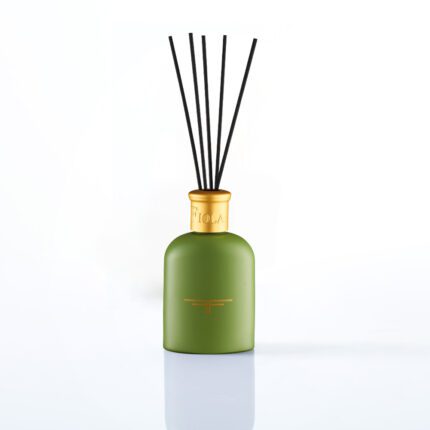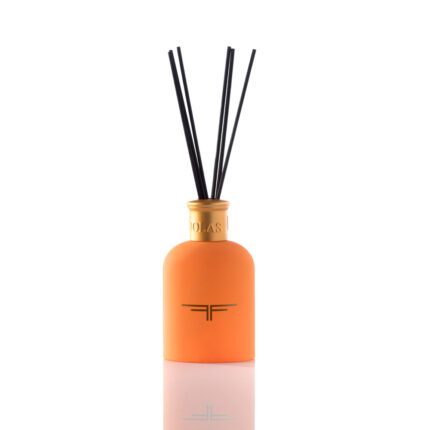When we hear a familiar sound or fragrance, it can sometimes transport us back to a specific memory or even to our early years. As a result, we frequently become sucked into a string of recollections. Fragrances help us recall our exact emotions, the people who were present at the time, and even our current state of mind. What is therefore going through our minds at that very moment, and what are we contemplating?
American neurologists study how humans recall smells and the time they first come to mind; They conducted study on the brain process that produces this in order to get into greater detail. When we are unable to fully identify a smell, we can nevertheless associate it with any object; an excellent example of this is the “grandmother’s house smell.” From this point forward, the items in that house and the particular experiences become one in the mind. What brain function then permits the perception of a smell that we already know triggers memories that are associated with it?
One of them is the entorhinal cortex, also known as the secondary olfactory region, which is crucial for storing odor and comparing it to the odor in memory at the next encounter. The other is the region of the brain known as the hippocampus (brain prominence), which has a very important place in memory and serves as a reminder of past events, according to a study published April 16 in the journal Nature. The olfactory bulb and the hippocampal region are near to each other. This is acknowledged as a valid conclusion when connecting fragrance to memories.
My grandmother’s home smells
My grandmother’s toy cabinet had a unique smell about it. I’m unable to explain the smell. Now, I occasionally detect the scent in my nose. Some memories that I had believed were lost come to life when I smell something, like those of my grandmother, visiting her, and playing with her toys. How then can odours have the power to reawaken our recollections of things we thought we had forgotten? “Neurology is a bit like a detective narrative; It is required to hunt for clues to uncover the cause,” according to a Tom Stafford essay that was published in BBC Turkish. The article first looks at the material that is currently available on the issue before studying the clues.
Complex Senses
The earliest sense is smell, which dates back to the basic senses that even microbes have developed to detect substances in water and the air. In order for living creatures to respond to the molecules in their environment, the sense of smell evolved before the senses of sight, hearing, and even touch. The four light receptors in the human eye allow for sight. Here, the cells that serve as receivers change light into electrical impulses that the brain can decipher. At least four different pressures are required for the sense of touch, in addition to numerous receptors for pain, heat, and cold. The sense of smell, however, takes precedence over these.
Since humans have more than a thousand receptors that allow them to smell. These are replaced as we age and evolve in accordance with the odors we have grown accustomed to. We can discriminate between a wide variety of odors because to this intricate structure. We are unable to give names to every scent we can identify, though. The sense of smell is arguably the least discussed. Although we are good at describing how something looks or sounds, we find it more difficult to describe how something smells; We might define it as “like a flower” or “like a wet puppy,” for instance. In other words, we describe smells by describing the objects that produce them, such as “coconut” and “new bread.” Smell and memory Let’s examine the key hints after repeating this information.
The cerebral cortex is near to the area of the brain known as the “olfactory bulb” that analyzes smells (hippocampus). The information arriving from the cortex is collected in this seahorse-shaped onion. According to neurologists, the hippocampus plays a crucial role in forming memories of novel events. Memory loss affects those whose brains have been damaged in this area. They cannot create a memory for them even if they learn new abilities like cycling and new knowledge like people’s names. The memory that is involved when recalling our visit to my grandmother’s home is this sporadic “episodic recollection.” We can claim that certain odors stimulate memories since the olfactory bulb, the brain region responsible for smell, is located close to the hippocampus, the brain region responsible for this form of memory.
Deep Dive
Despite how strong this hint may be, it is indirect and contextual. It is important to provide a second tip as a result. Smell stands out among the senses because it can access the deepest parts of the brain. While the senses of sight and hearing, for instance, start in the eye and ear, respectively, the relevant organs, they first transit to the thalamus, or the middle region of the midbrain, which serves as a transfer center, before moving on to other parts of the brain. The olfactory bulb receives smell signals directly, bypassing the thalamus. Although we are unsure of how the halt in the thalamus affects the other senses, we do know that their signals come from a “farther” location from the brain’s processing center.
Could this be the reason it’s hard to describe the scents? Or could it bring back long-forgotten memories? According to research, verbalizing events and facts helps with recall, but it also causes people to feel less strongly about the topic.
We start to remember the event and the experience it produced when we talk about our memories. Returning to my grandmother’s toy cabinet… My child’s nose’s olfactory receptors have detected the aroma of the closet. This smell, which I can’t identify, travels straight to my brain and lands adjacent to the region that stores memories. It was there, mixed in with other never-expressed memories of the closet that were intentionally difficult for me to recall but were somehow ingrained in my mind. Years later, the memories of my childhood resurface when I smell its aroma today.






























